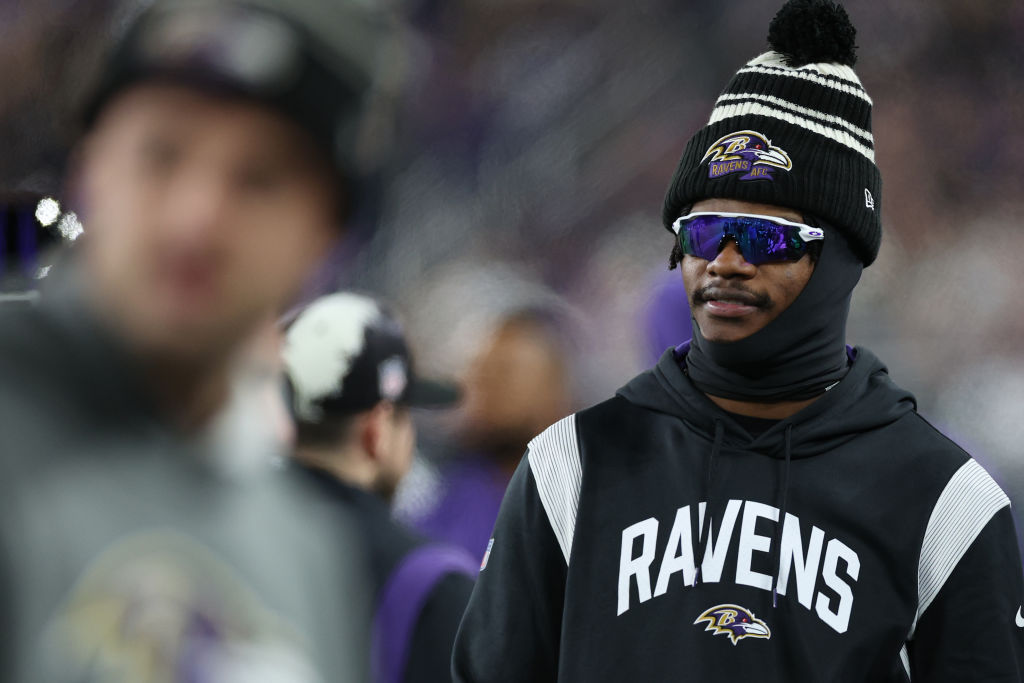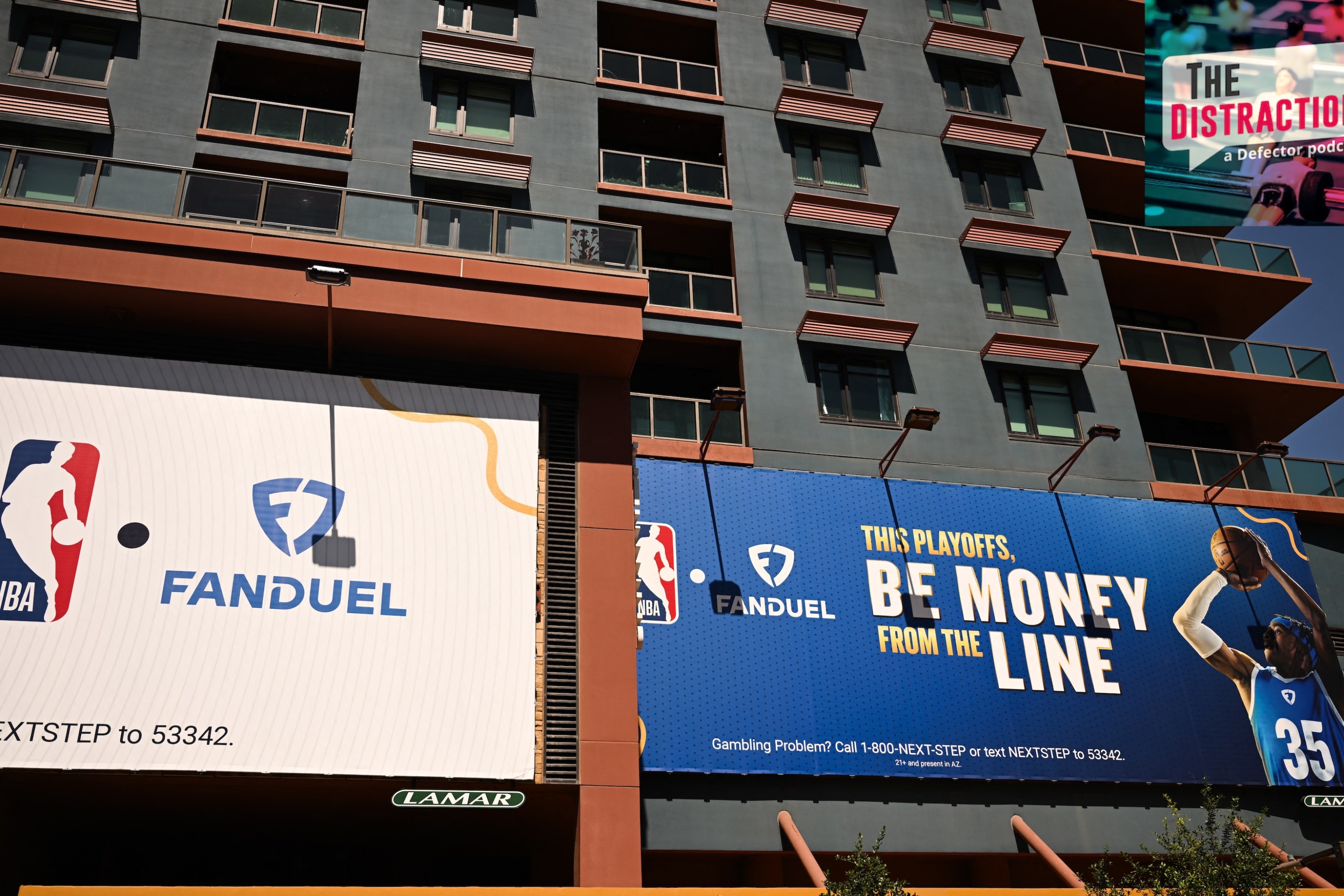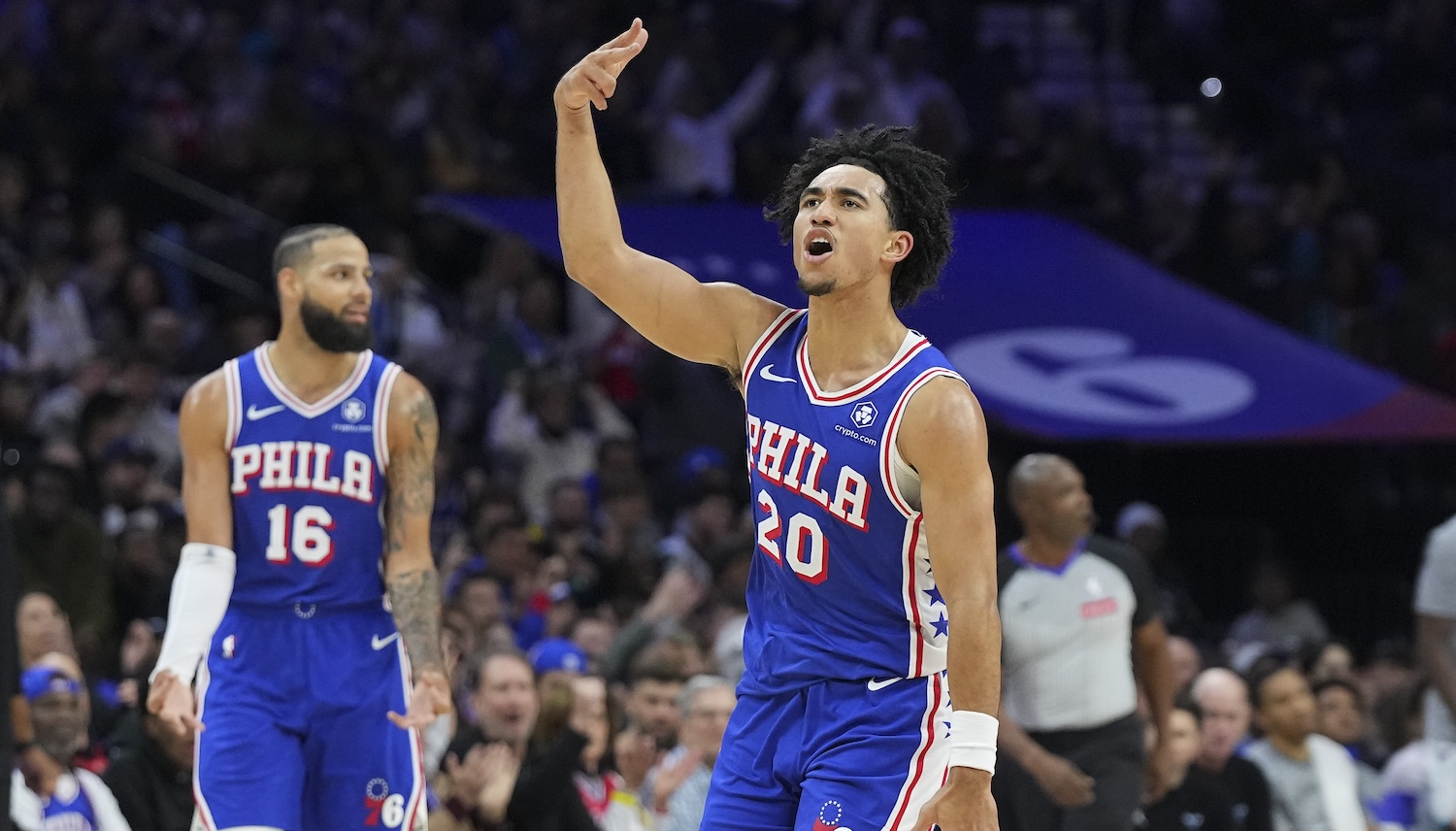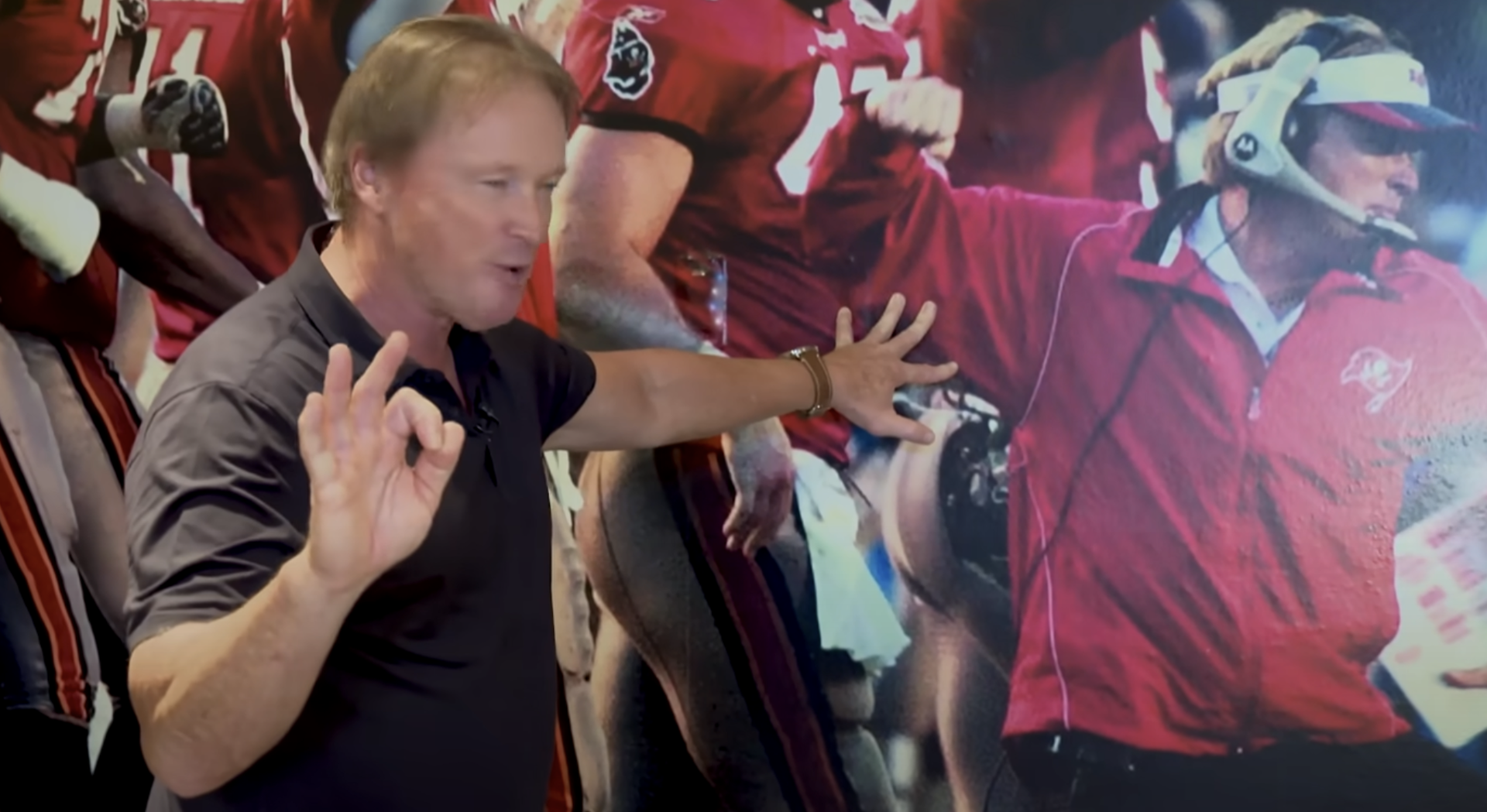Any team in the NFL who's wished for a quarterback like Lamar Jackson can have actual Lamar Jackson by next week—for a price. On Tuesday, in the latest act of what feels like a slow, contentious divorce, the Baltimore Ravens put the non-exclusive franchise tag on the 2019 MVP. That tag, coming after the expiration of Jackson's first pro contract, keeps him away from all-out free agency, but it's also as weak a signal the team could send that they want to keep him in purple. Jackson would make about $32.5 million in this coming season on the tag—around $13 million less than what an exclusive franchise tag would cost—but he now has the right to hear contract offers from other teams. The Ravens would have five days to match any offer he gets, or take two first-round picks as compensation.
The Ravens and Jackson keep failing to meet the other's eye on a long-term extension—Jackson wants big guaranteed money while the team seems to think of its cornerstone QB more like a high-usage running back. But plenty of other franchises have spent years or decades trying to find a quarterback as effective as Lamar at his best. Opening up the Ravens impasse to other bidders could—should—lead to so many exciting developments: a bidding war, a rival sending in an offer sheet, even just the fun of breathless, swirling rumors about Jackson's future.
Instead, however, the news that Jackson was kind of on the market was greeted almost immediately by a bunch of mostly QB-needy teams announcing their disinterest. The Falcons, Dolphins, Panthers, Raiders, and Commanders all leaked to scoopsters that they weren't going to be pursuing Jackson. Before the speculation could even begin in earnest, Jackson's market, and thus his leverage, had shrunk, if not disappeared.
There are legitimate reasons for a team not to be interested in Jackson under these circumstances. By signing him to the kind of offer the Ravens wouldn't match, a franchise would be committing utterly to Jackson for several years. Given his injury history, which has prematurely ended his season three years in a row, that can be a nerve-wracking risk for a GM to take, particularly when the cost also includes multiple draft picks that could be used to build a supporting cast. A more inviting path, frankly, would be the one the Ravens themselves followed five years ago: Draft a great young QB, pay him below market value on his rookie deal, and use the surplus resources to fill other needs. In the year after Jackson's MVP season, he was only the 15th-highest paid player on the Ravens' roster. That formula is an easier sell to NFL decision-makers than handing over the keys to their franchises to one superstar. And, not incidentally, it's better for a GM's job security.
However, even if few if any teams were willing to poach Jackson on these terms, the way in which the offer-sheet chatter was so swiftly snuffed out, from so many directions, can't help but feel a little gross. JJ Watt was among those who thought so. The NFLPA does too, I suspect.
Why are all of these teams so publicly “out” on Lamar Jackson, an MVP winner in his prime at the most important position in the entire NFL?
— JJ Watt (@JJWatt) March 7, 2023
What am I missing here?
It's not that nobody has snapped up Lamar already. It's that so many had seemingly decided to ignore the option well before the Ravens deployed the franchise tag. Maybe it's a strategy to keep fans from overexciting themselves—in the case of the Dolphins, I can see it as a way to protect Tua—but to not even be willing to explore this chance to sign a pretty amazing QB feels like an abdication of job responsibility. You don't have to offer him the moon. Why wouldn't directionless teams like Atlanta and Carolina at least talk to Jackson, and maybe make some kind of offer that they believe is fair? Worse comes to worst, he says no.
Whether true or not, the simplest answer is the C-word. The deafening silence greeting Jackson's semi-free agency sends a clear message to other players, and it sounds a lot like like ownership collectively attempting to wrest back leverage in the aftermath of the Deshaun Watson mega-deal. You're worth what we say you're worth, they seem to be saying, and you're not going to play us off each other. Even if there is never a smoking gun that proves collusion, active or unspoken, fans of scuffling franchises shouldn't be happy with their executives going out of their way to announce they're not even going to kick the tires on a quarterback who could turn things around. If your team missed the playoffs last year and isn't testing every lever that might get them back, does it ultimately matter why?





